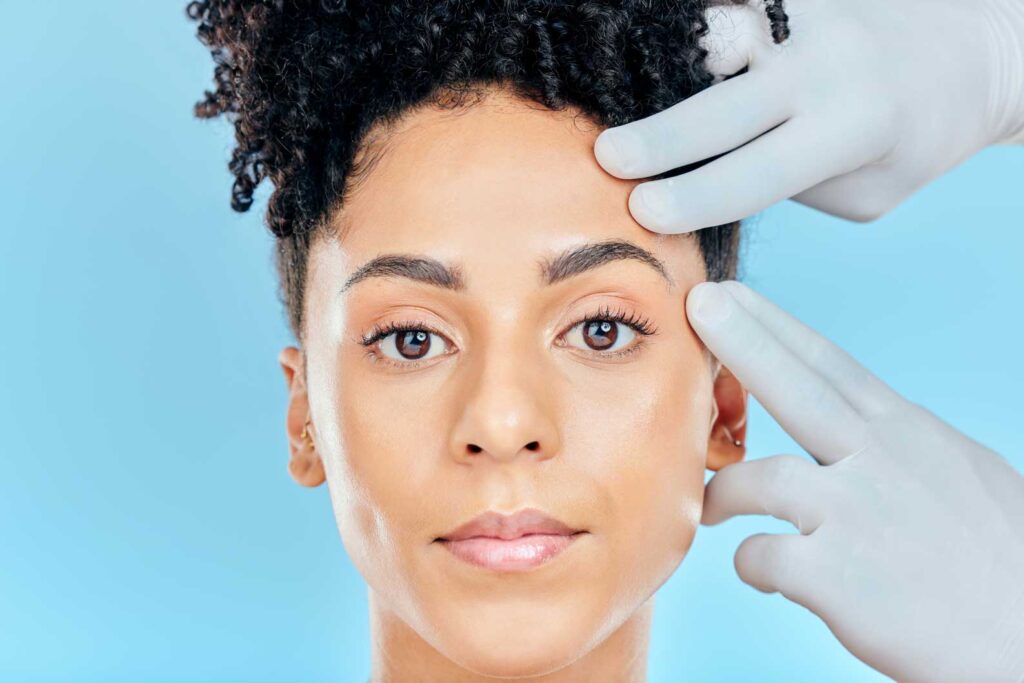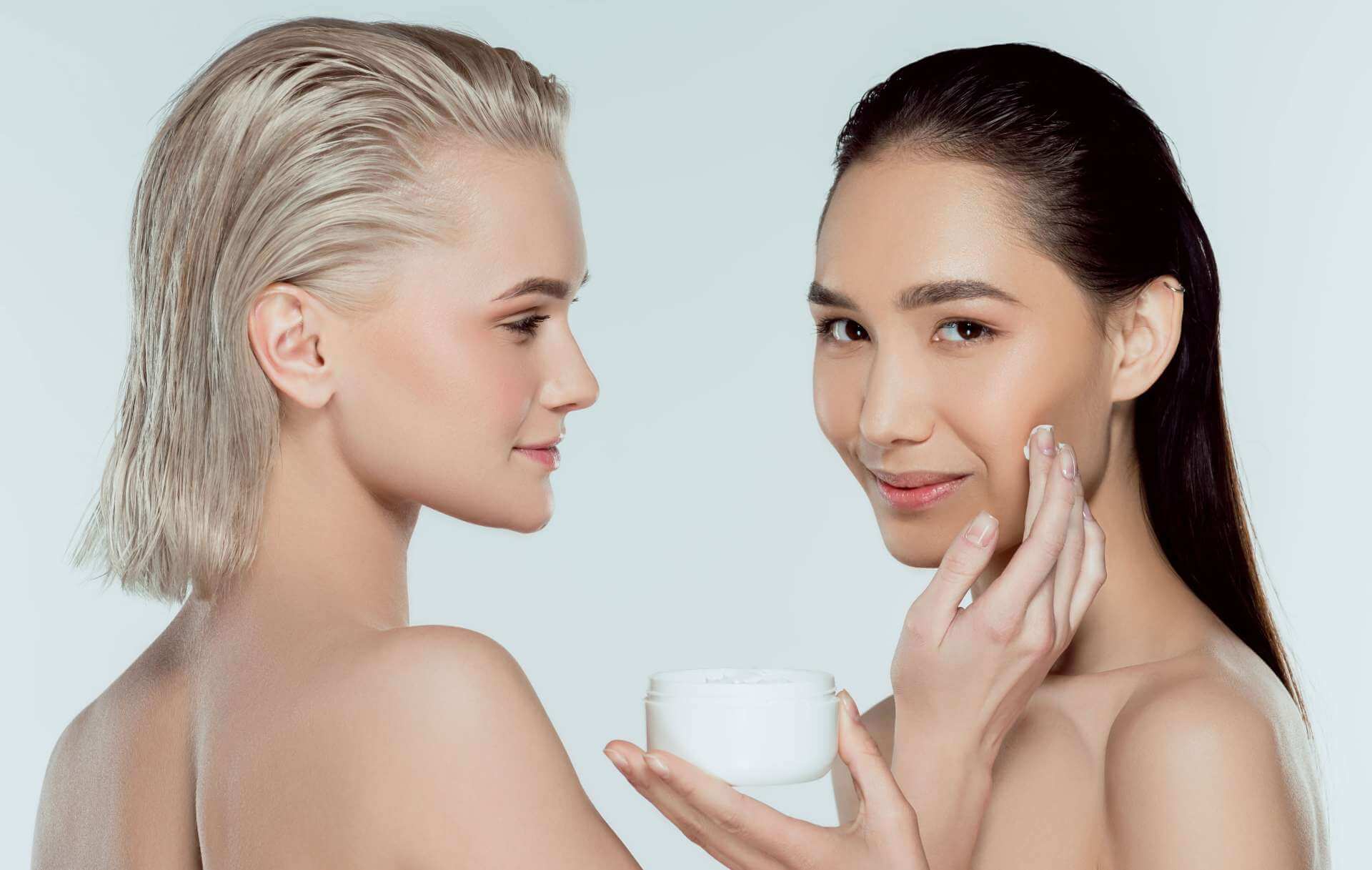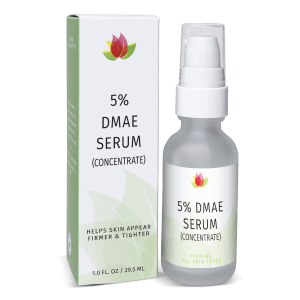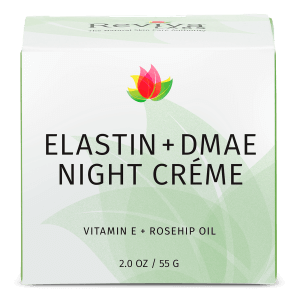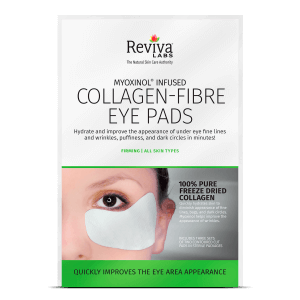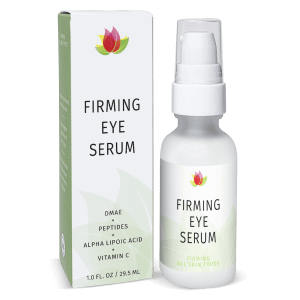When you glance in the mirror, does your skin feel like it’s trying to defy gravity? If so, you’re not alone. Skin naturally loses its elasticity over time, leading to lose of firmness and sagging. But here’s the good news: the right ingredients and products can help restore firmness and give your skin a revitalized, lifted appearance. In fact, a study by Dermato-Endocrinology found that collagen production decreases by about 1% per year after the age of 20, making skincare solutions all the more crucial for maintaining skin’s structure and resilience.
Why Does Skin Sag?
Before discussing solutions, it helps to understand the problem. As we age, our skin produces less collagen and elastin, the two proteins responsible for skin’s firmness and flexibility. Environmental factors like sun exposure and pollution speed up this decline, breaking down the skin’s structure further. Other culprits include dehydration, lifestyle habits like smoking, and changes in fat distribution beneath the skin. Sagging can also result from weight loss or even a genetic predisposition.
Fortunately, modern skincare offers a variety of ingredients and products designed to counteract these changes and restore firmness.
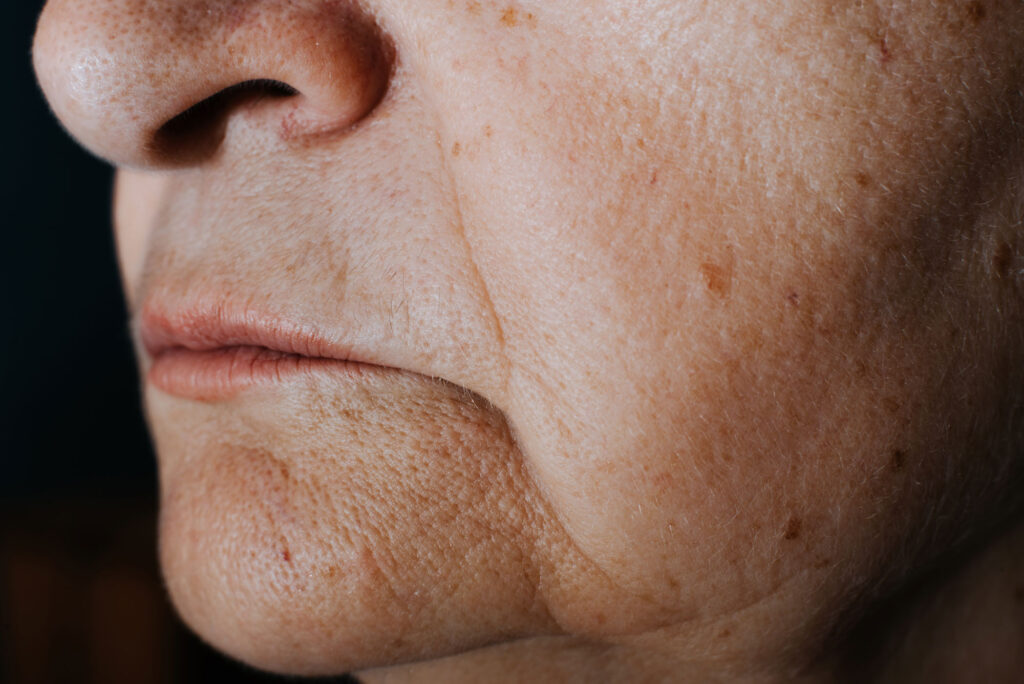
The Role of Collagen-Boosting Ingredients
Peptides – The Building Blocks for Resilient Skin
Peptides are short chains of amino acids that act as building blocks for proteins like collagen and elastin. When applied topically, peptides signal the skin to produce more collagen, helping to firm and smooth sagging areas. They also improve skin hydration, making the skin appear plumper and less lined.
Products containing peptides are ideal for daily use, especially in serums or creams. For maximum benefit, look for formulations with multiple peptides, as they often work synergistically for enhanced results.
Retinoids – The Gold Standard for Firmness
Retinoids, derived from Vitamin A, are among the most studied skincare ingredients for improving skin elasticity. They work by accelerating cell turnover and stimulating collagen production, which leads to firmer, more resilient skin over time.
Tretinoin, a prescription-strength retinoid, is particularly effective but can be somewhat irritating to some skins. Over-the-counter options like retinol offer a gentler alternative, making it suitable for beginners or those with sensitive skin. Try pairing retinoids with a rich moisturizer to combat potential dryness, a common side effect.
Alpha Hydroxy Acids (AHAs) – Everyday Support
AHAs, like glycolic and lactic acid, exfoliate dead skin cells while promoting collagen production. Regular use helps improve skin texture and firmness, making sagging less noticeable. Use AHAs in cleansers or overnight treatments, and always pair them with sunscreen to protect your newly exfoliated skin.
Hyaluronic Acid – The Hydration Hero
Hyaluronic acid (HA) is a humectant, meaning it draws moisture into the skin. And, although hyaluronic acid doesn’t directly boost collagen, its ability to attract and retain water makes it invaluable for sagging skin. Dehydrated skin can look deflated, making sagging more noticeable. By keeping your skin hydrated, hyaluronic acid creates a smoother, plumper appearance. Look for HA in serums, sheet masks and moisturizers. As an added bonus – it layers well with other actives like retinoids or peptides.
Antioxidants – The Skin Protectors
Antioxidants like Vitamin C, Vitamin E, and niacinamide (Vitamin B3) help fight oxidative stress caused by free radicals. This damage can speed up collagen breakdown and exacerbate sagging. Incorporating antioxidants into your routine not only protects existing collagen but also promotes new production.
Vitamin C is especially effective because it’s a co-factor in collagen synthesis. Use a Vitamin C serum in the morning to brighten your skin and enhance firmness.
Firming Ingredients That Go Beyond the Basics
Some lesser-known ingredients also deserve the spotlight:
- DMAE (Dimethylaminoethanol): Known for its immediate firming effect, DMAE works by tightening skin and improving its elasticity over time. When applied consistently, DMAE can visibly firm and smooth sagging areas.

It’s commonly found in serums and neck creams.
- Caffeine: Often used in eye creams, caffeine temporarily tightens and lifts the skin by reducing puffiness and stimulating circulation.
- Centella Asiatica: This botanical ingredient, also known as Gotu Kola, helps to repair damaged skin and increase firmness by supporting collagen production.
- Coenzyme Q10 (CoQ10): CoQ10 is a potent antioxidant naturally found in the body. It helps energize skin cells and reduce oxidative stress, which can accelerate sagging. Regular use of CoQ10-rich creams can lead to firmer, more resilient skin over time.
Tools That Enhance Product Efficacy
In addition to ingredients, skincare tools can amplify your results. Facial rollers, gua sha stones, and micro-current devices help improve circulation and stimulate collagen. Used with a serum, these tools can enhance product absorption and deliver a noticeable lift.
Another option? Chemical peels and exfoliating treatments containing glycolic or lactic acid. By removing dead skin cells, these products encourage cell turnover and reveal smoother, firmer skin.
The Power of Consistency
When it comes to firming sagging skin, consistency is key. No single product or ingredient can work overnight, but with time and dedication, you’ll start to see results. Use your skincare routine as a daily ritual—a way to care for your skin and yourself.
Remember, while sagging skin is a natural part of aging, the right approach can help you feel more confident and radiant. Whether you’re just beginning to notice changes or addressing long-standing concerns, the journey to firmer skin is worth every step.
For an even deeper impact, combining the right products with a healthy lifestyle can help you not only look your best but feel it too!



